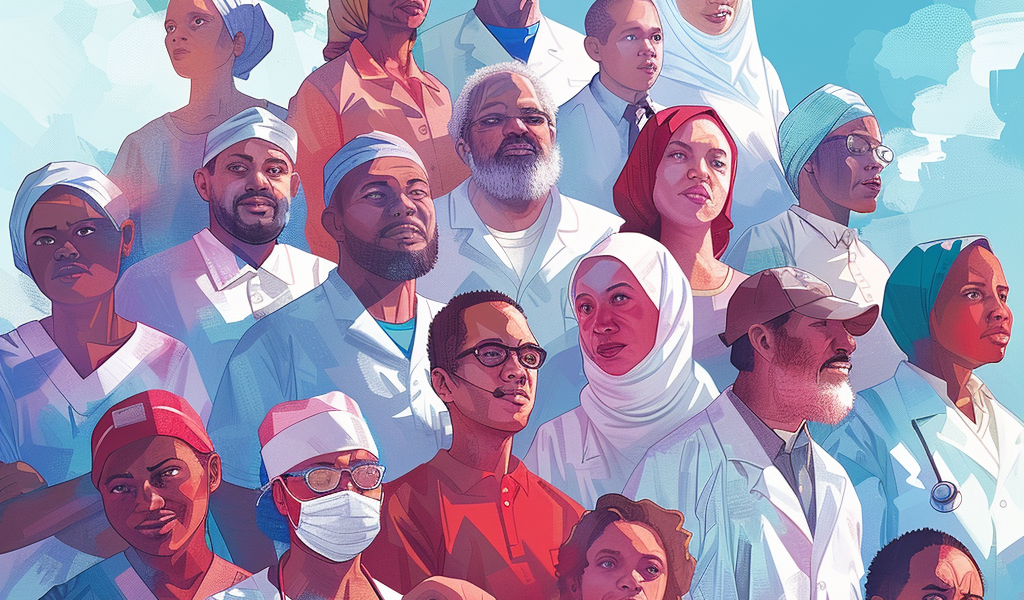World TB Day 2024 brings an encouraging theme: ‘Yes! We can end TB!’. This message of hope stems from the belief that it is possible to turn the tide against the TB epidemic with concerted efforts. The key to this is high-level leadership, increased investments, and faster adoption of new recommendations provided by the World Health Organization (WHO). This shift in focus comes after commitments made by Heads of State at the UN High-Level meeting in 2023 to accelerate progress to end TB. Now, the spotlight is on turning these promises into tangible actions.
To aid countries in enhancing access to TB preventive treatment, the WHO will release an investment case on scaling up the roll-out of TB preventive treatment. Such an initiative is expected to provide a roadmap for countries to accelerate their fight against this global health menace.
Tuberculosis, commonly known as TB, is a potentially serious infectious disease that mainly affects the lungs. The bacteria causing TB are spread from person to person through tiny droplets released into the air via coughs and sneezes. The disease can be fatal, but it’s curable and preventable. Some of the common symptoms include coughing that lasts three or more weeks, coughing up blood, chest pain, or pain with breathing or coughing, unintentional weight loss, fatigue, fever, night sweats, chills, and loss of appetite.
The WHO’s investment case for TB provides comprehensive updates, including the soon-to-be-released 2nd edition guidance on TB, the global TB report, and insights on drug-resistant TB. It also features events, campaigns, and initiatives related to TB, as well as information on related health topics such as antimicrobial resistance, HIV, and tobacco.
The South-East Asia Region, home to around one-fourth of the world’s population, carries more than 45% of the annual TB incidence burden. In 2022 alone, more than 4.8 million people fell ill with TB, and over 600,000 died. Treatment success for new and relapse TB cases stood at 88% in 2021. The Region also accounts for more than 38% of the estimated global incidence of MDR-/RR-TB patients. In 2023, a high-level ministerial meeting titled ‘Sustain, Accelerate and Innovate to End TB in the South-East Asia Region’ was held, leading to the ‘Gandhinagar Declaration’ aimed at reinvigorating political commitment towards ending TB.
The fight against TB shows signs of recovery, with the highest-ever number of TB notifications in 2022. This indicates progress in TB case detection and reporting, reflecting the efforts made by health systems to combat the disease.





